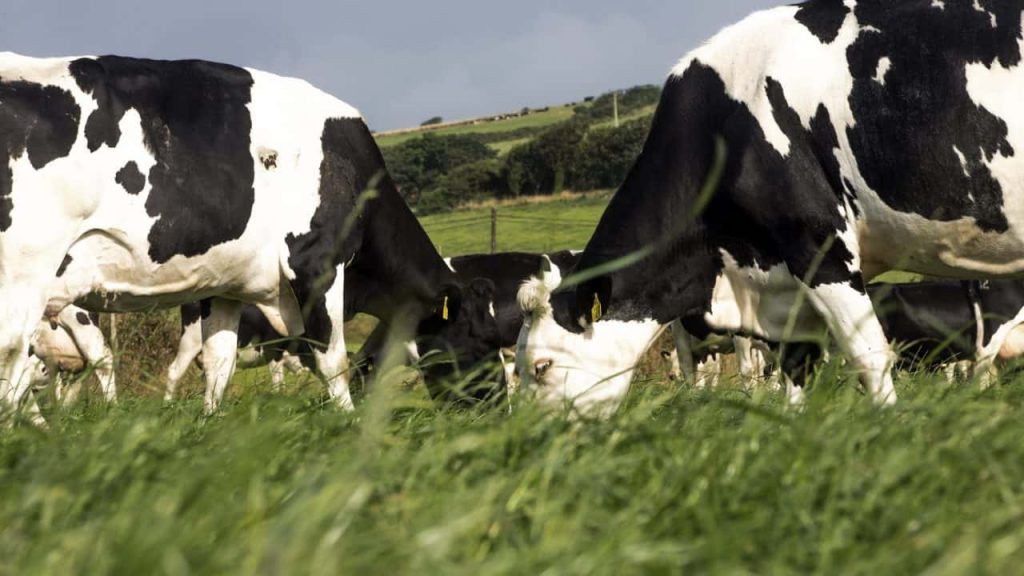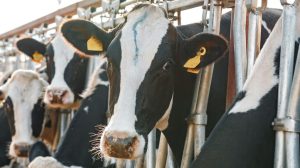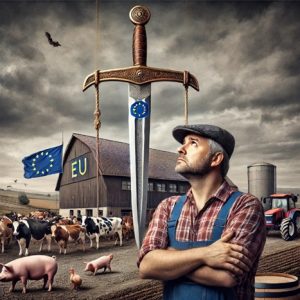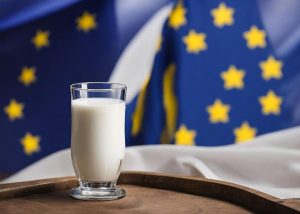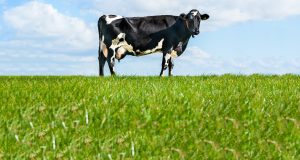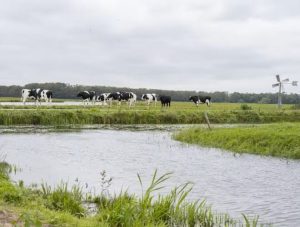
A European Commission report shows that the production of raw milk increased in the EU by 0.8% in the first six months of this year.
The latest milk market situation report published by the commission highlights that total collections of milk in the EU also increased by 0.8%.
According to the report from January to June the production of dairy products – with the exception of whole milk powder (WMP) – increased across the board in the EU.
Although WMP dropped by 2.7% the production of cheese for example was up by 1.2%, butter by 1.7% and skimmed milk powder by 3% year on year in 2023.
But while collections may have increased across the EU milk prices have not followed the same trajectory with average prices falling in the first six months of 2023 below corresponding 2022 prices.

Milk prices
According to Noel Murphy, chair of the Irish Creamery Milk Suppliers’ Association (ICMSA) dairy committee, the “direction of travel” in relation to milk prices is a concern for dairy farmers.
Murphy said the latest prices confirmed by processors in Ireland for July supplies has left many farmers “disillusioned”.
“We are in a very difficult space, farmers are producing at a loss and the fact that demand is so negative is not creating any confidence.
“Irish farmers are getting paid prices below the EU average, we need to ask why that is happening and find out if processors are just protecting their own margins?” Murphy added.
He believe the key issue that needs to be addressed urgently is one of supply and demand.
“We hear a lot about sustainability issues when it comes to dairy farmers these days – and that is something farmers are very aware of but we also need to be looking at economic sustainability because there are farmers who are really in a bad position now.
“There are farmers who have no choice but to cancel planned investments – there are new sheds and milking parlours that were planned and are no longer getting built.
“What we need is to look at how farmers can be supported at this time,” Murphy added.
The ICMSA has put forward a proposal that an EU supply reduction scheme is one way that the current imbalance between supply and demand could be addressed.
“We need the EU and the Irish government to get on board with this, demand is negative but supply is still there so we need to deal with that,” he added.
